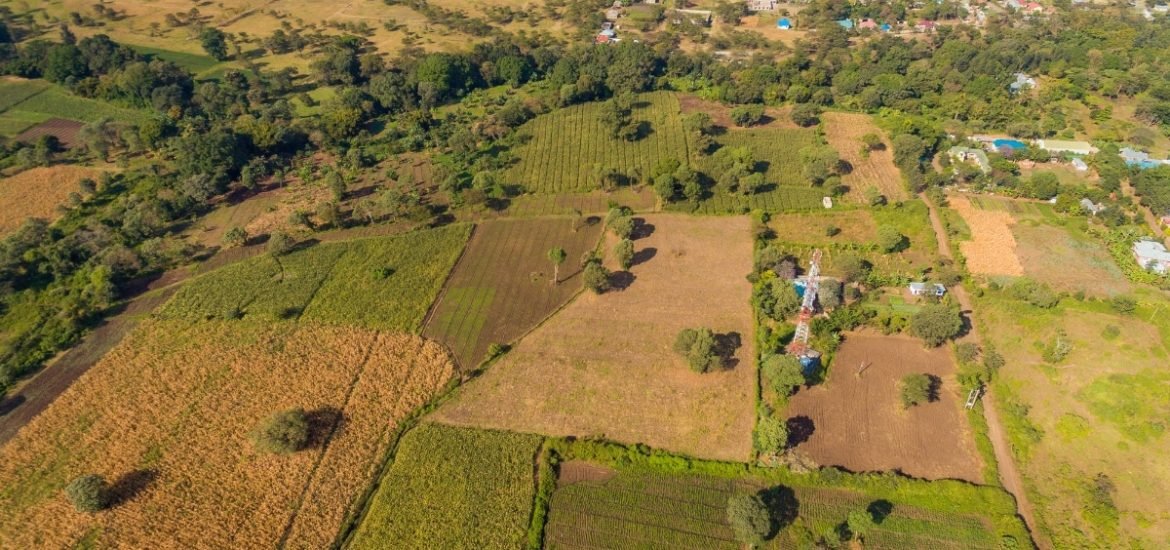
Aerospace has the potential to transform African agriculture, but the biggest challenge will be getting these technologies into the hands of farmers that need them. The white paper entitled The Great Enabler: Aerospace in Africa, released by Airbus on 30 October, outlines the potential role and impact aerospace technologies will have on the socioeconomic development of the continent.
The official report was launched at a summit organized in Toulouse, France to discuss this topic. The company are hoping different aspects of the aerospace industry can meet this challenge by increasing access to health care; enhancing food security by making African agriculture more competitive and sustainable; promoting education, training and innovation; empowering businesses with innovative products and solutions; and breaking down barriers to the movement of people and goods across Africa.
Food security remains an issue in many parts of Africa―240 million people in sub-Saharan Africa consistently do not have access to enough food to meet their dietary needs. Importantly, the socioeconomic transformation of Africa cannot be achieved without transforming the agricultural industry. More than 60% of all African jobs are in agriculture, yet in total, this contributes to only around 15 per cent to total GDP. Furthermore, Africa spends $35 bn (€30.7 bn) a year on food imports despite the fact that 65 per cent of the Earth’s uncultivated arable land can be found on the African continent. The new study commissioned by Airbus suggests this spending will only increase and is estimated to reach $110 bn (€96.5 bn) by 2025.
In the official press release, the company writes, “Aerospace technology such as precision farming could potentially reverse this situation by enabling farmers to produce more with less.” The report is based on in-depth interviews with various stakeholders including the African Union Commission, United Nations Economic Commission for Africa, and the African Development Bank. At the launch, Mr Mikail Hourari, Africa and Middle East President of Airbus, stated that “the aerospace industry offers solutions to many of the socio-economic challenges Africa is facing on the path to sustainable development,” and points to aerospace as being a “key enabler” of socio-economic change.
Precision agriculture uses information on weather patterns, soil temperature and humidity, growth, and other factors to improve time management, reduce water and chemical use, and produce healthier crops and higher yields. Agritech can improve farmers’ bottom lines and in addition, conserve resources and reduce other detrimental impacts on the environment such as chemical runoff and greenhouse gas emissions. Technology will be the cornerstone of the precision farming revolution. Aerospace and other technologies are being applied to agriculture around the globe―by 2025, the ag-tech sector is set to reach over $10 bn (€8.8 bn).
The company also hopes to stimulate research and innovation in African regions to help address the socio-economic challenges the continent still faces. Moreover, educating Africa’s youth as well as farmers and businesses will help to empower the next generation and encourage more people to adopt these new technologies. Finally, the cooperation of policymakers in Africa is crucial to addressing both policy and investment challenges, and to ensure the infrastructure, education, and workforce are in place to achieve these goals.